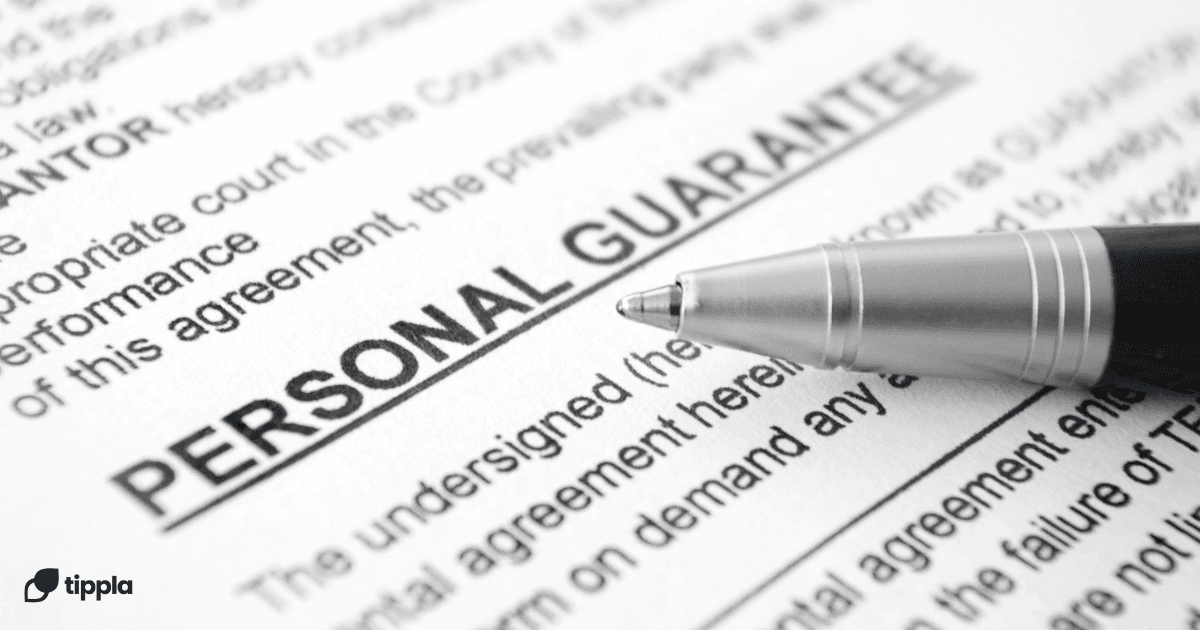A personal guarantee is a legally binding commitment that places an individual’s assets and financial security at risk to ensure the performance of another party’s obligations.
If you have been asked to provide a personal guarantee, it is important that you understand what is being asked of you and what you are promising to do.
Whether the personal guarantee is for a business loan, lease, or any other contractual arrangement, it is essential to be aware of the potential implications and important considerations that come with this commitment.
This article outlines several considerations you should take into account when giving a personal guarantee.
- Understanding the Nature of a Personal Guarantee
A personal guarantee is a commitment to assume responsibility for the obligations of another party, typically a business or individual, should they fail to meet their obligations. It is a legally binding contract and can have significant financial and legal consequences if the debtor defaults.
- Seek Legal Advice
Prior to signing a personal guarantee, we strongly recommend seeking legal advice. A legal expert can assist you in fully understanding the terms of the guarantee and its implications, ensuring that you are making an informed decision. They can also provide guidance on negotiating terms that protect your interests.
- Limited Liability
It is important to consider whether the guarantee includes a cap on your liability. In some cases, you may agree to guarantee only a specific portion of the debt or financial obligation. Placing a limit on the guarantee, can reduce your financial exposure.
- Joint and Several Liability
Personal guarantees often come with a clause of “joint and several liability.” This means that if there are multiple guarantors, each one is individually responsible for the full amount of the debt. Be aware of this when considering a guarantee in a group setting.
- Review the Terms and Conditions
It is important that you read and thoroughly understand the terms and conditions of the guarantee. You should pay close attention to any specific clauses, such as default triggers, events that can release you from the guarantee, and dispute resolution processes.
- Assess Your Financial Situation
Evaluate your financial stability and your ability to fulfill the guarantee if the debtor defaults. If you’re not confident in your financial capacity, it is essential to be cautious about giving a personal guarantee.
- Consider the Relationship
Think about your relationship with the debtor and the importance of the transaction. Sometimes personal guarantees are given in business partnerships, and the nature of the relationship can affect your decision. Ensure that you trust the other party involved.
- Monitor the Debtor’s Performance
Keep an eye on the debtor’s performance in the transaction or agreement. If you notice any signs of financial trouble or potential default, address the issue promptly to mitigate potential risks.
- The Release of Guarantees
Know the conditions under which you can be released from the guarantee. This might include the full repayment of the debt, specific contractual obligations being met, or other negotiated terms.
- Seek Insurance
In some cases, it might be prudent to obtain insurance to cover your liability as a guarantor. Guarantor insurance can help protect your assets in the event of a default by the debtor.
- Regularly Review the Guarantee
Personal guarantees can be long-term commitments. Regularly review your obligations and assess whether the circumstances have changed. If there’s an opportunity to be released from the guarantee or renegotiate terms, consider it.
Providing a personal guarantee is a significant financial and legal commitment that should not be taken lightly. It is crucial to thoroughly understand the terms and implications, consult with legal experts, and assess your financial capacity. By taking these considerations into account, you can make informed decisions and protect your interests when providing a personal guarantee. Remember that legal advice tailored to your specific situation is essential to navigate the complexities of personal guarantees effectively.





